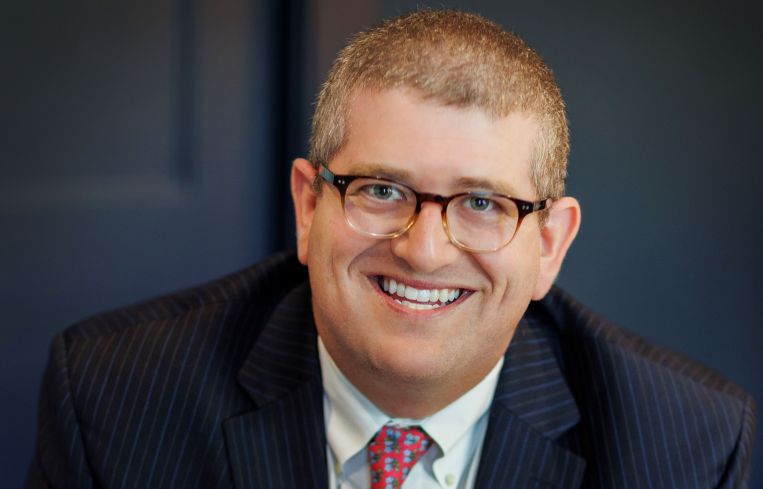Ben Jacobson of Forman Capital: 5 Questions
By Jeff Ostrowski September 5, 2025 12:50 pm
reprints
Ben Jacobson specializes in lending to developers who don’t mind paying a premium for flexibility.
He’s a partner at Forman Capital, a lender in Delray Beach, Fla., that offers quick closing times and other flexible terms that banks are reluctant to offer.
“We’re a hard money lender,” Jacobson said. “We make loans pretty much wherever the banks don’t fit.”
Commercial Observer caught up with Jacobson recently to discuss the deals he’s closing lately, why they fit where banks don’t, market changes, and more.
The following conversation has been edited for length and clarity.
Commercial Observer: What kind of deals are you focusing on today?
Ben Jacobson: I’d say a little bit of everything, because nothing really seems to work for bank loans. Ground-up multifamily isn’t as easy as it used to be. Condo sales are slower in most markets, so that makes it harder to get presale deposits and things of that nature.
We’re doing a fair bit of land. We just did a truck stop in Alabama. Historically, about 80 percent of our investment dollars went into some form of residential, but it’s just not as active as it was.
I’m intrigued by the truck stop in Alabama. Why was that not considered creditworthy by a traditional bank lender?
It actually was, and it is. It’s a super high-credit deal, but they needed to close in three weeks. That was the issue. And they didn’t need the loan for more than three months. So that’s a lot of work for a bank to move that quickly. But for us, I was looking at an incredibly strong borrower. It was a great credit deal.
What’s changed about this market that has opened opportunities for you?
This is our 21st year in business. There are a variety of reasons why banks won’t do things.
Last year, we closed a $113 million condo construction deal in Naples — beautiful location, units priced at $2 million to $5 million. The issue today is that banks are hyperfocused on deposits. And they’ll happily give you the money, but then they want a deposit for a relationship. They want the deposit to be sticky. If you’re a developer borrowing $113 million, they want you to have $10 million to $15 million at the bank.
Well, I don’t care, right? I don’t need deposits. For the developer, that’s the money that they’re using to go tie up land sites.
It’s weird that banks pushed so hard for deposits.
I’ll give you a good example: Two years ago, we did a loan for $11 million. The bank offered $9 million, but in their terms sheet, they needed a $7 million depository relationship.
So I provided the $11 million, and then I sold the bank a participation months later. That’s why private lenders are in business. The developer might want to start construction with a lesser amount of presales than a bank typically wants. Being creative is what allows us to win those types of transactions.
How do your rates compare to those a borrower would get from a bank loan?
Let’s say banks are charging 7 percent today. We’re charging 10 to 12 percent.
Let’s say banks are lending 55 to 60 percent of costs. We’ll go to 85 percent.
The Federal Reserve might cut rates at least a little bit this month. How does that affect your business?
I love talking about this. In my opinion, people are overblowing what’s going on with rates. For what we do, transitional short-term loans, does it save money? For sure.
You know what also saves money? If there’s a big change on insurance. That could have just as much, maybe even a more meaningful impact. Don’t get me wrong, rates are obviously important and it will have some impact. But I think it’s more of a mental thing.
If a deal doesn’t work because of 25 or 50 basis points, don’t do the deal. It’s too tight. Just walk away.
Jeff Ostrowski can be reached at jostrowski@commercialobserver.com.



